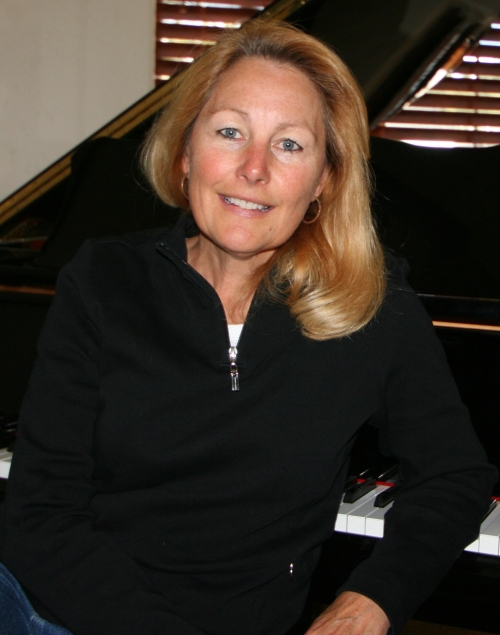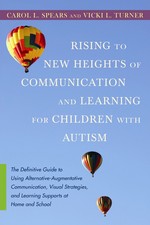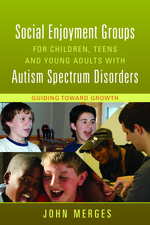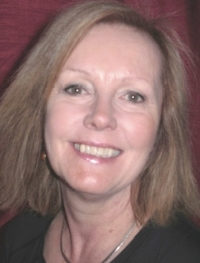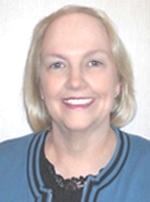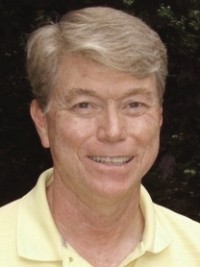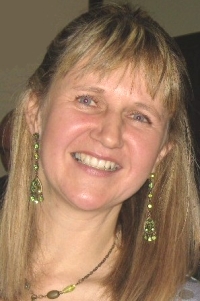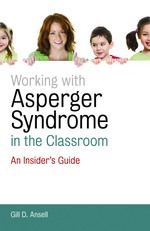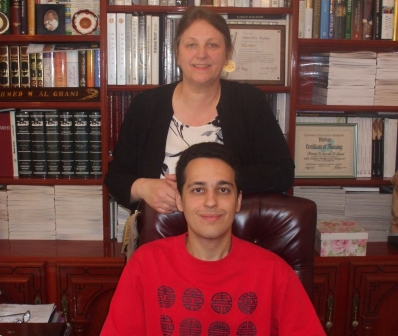Music for Special Kids – An Interview with Music Therapist and JKP author Pamela Ott
“Music is a medium that can be non-threatening, encourage participation, encourage attending skills, and encourage stimulation or relaxation. Because of these outcomes and more, music can be used to reach a child that may be hesitant to respond to other forms of communication.”
